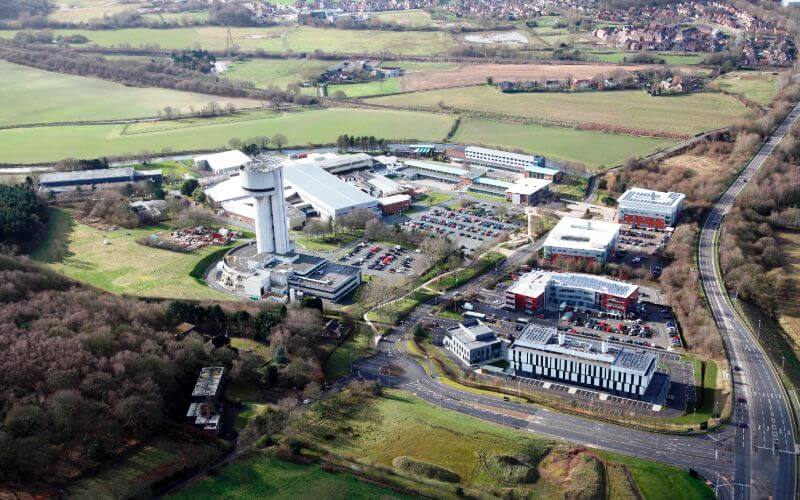July 23, 2021
Sci-Tech Daresbury praises government’s innovation strategy

John Downes, chief executive officer of Langtree and chairman of Sci-Tech Daresbury, said:
“I would like to congratulate the government on its new innovation strategy, which commits to an increased annual spend on R&D.
“The strategy’s overall aim of the UK becoming the world’s most innovative nation is an inspirational ambition. It will require a lot of hard work to get there, but I believe it can be achieved. Interacting with our campus companies on a daily basis, I know that the expertise and knowledge is already there to make the UK a science and technology superpower. What has been needed for a long time is the creation of economic mechanisms to unlock the potential we all know is there – this strategy goes some way to addressing that.
“Many of our dynamic, early stage businesses can encounter difficulties in trying to raise significant equity investment at the pre-revenue stage. Although not all of the details are yet available, there are several elements of the strategy that should go some way to removing financial obstacles. Most notably, the £200 million British Business Bank Life Sciences Investment Programme could well become an integral part of how promising firms are able to scale up their services.
“The establishment of an online finance and innovation hub for innovative companies to deliver expertise and support to forms in tackling the funding gap for the development and commercialisation of new products and services is a further welcome initiative.
“At Sci-Tech Daresbury, we are proud to be home of leading international companies as well as individual experts from across the globe. Therefore, the high potential individual and scale-up visa routes will be crucial in our higher growth firms attracting the talent they need from around the world to drive their development in line with Sci-Tech Daresbury’s talent and skills strategy, RADAR.
“Yet while the above is all hugely encouraging, I would argue that further support is needed still in order to help the firms on our campus fully realise their ambitions and, in turn, that of the government.
“There are certain other areas where I hope, over time, the government can provide extra support. While the £10m innovation seed fund is welcomed, I would encourage ministers to create either additional funding or enhanced incentives through the SEIS scheme, as we see significant reduction in the availability of seed funding to early-stage tech SMEs.
“Elsewhere in the strategy, it’s very encouraging to see the government highlight a number of key sectors that are highly relevant to the clusters of companies and facilities at Sci-Tech Daresbury as pivotal to the future prosperity and wellbeing of the country as a whole.
“These include AI, Digital and Advanced Computing, Quantum technologies, Genomics and Bioinformatics. Sci-Tech Daresbury is well placed to be at the forefront of breakthroughs in these fields. The recent £210 million investment in the Hartree National Centre for Digital Innovation (HNCDI), a joint programme between the UK’s Science and Technology Facilities Council (STFC) Hartree Centre and IBM, will offer support to UK businesses and the public sector by reducing the risk of exploring and adopting digital technologies by breaking down practical barriers to innovation such as access to infrastructure, expertise and digital skills gaps within organisations.
“As well as sectors, the strategy also proposes an independent review to assess the landscape of UK organisations undertaking all forms of research, development and innovation. For too long now the balance of R&D investment in the UK has been uneven and heavily weighted towards the ‘Golden Triangle’ – addressing this and providing the appropriate support to companies, organisations and bodies across the whole of the UK will be crucial in helping our country become the world’s most innovative nation.
“That’s what we all want, and Sci-Tech Daresbury looks forward to working with our colleagues across government, UKRI, and partner Universities and businesses to make it a reality.”



